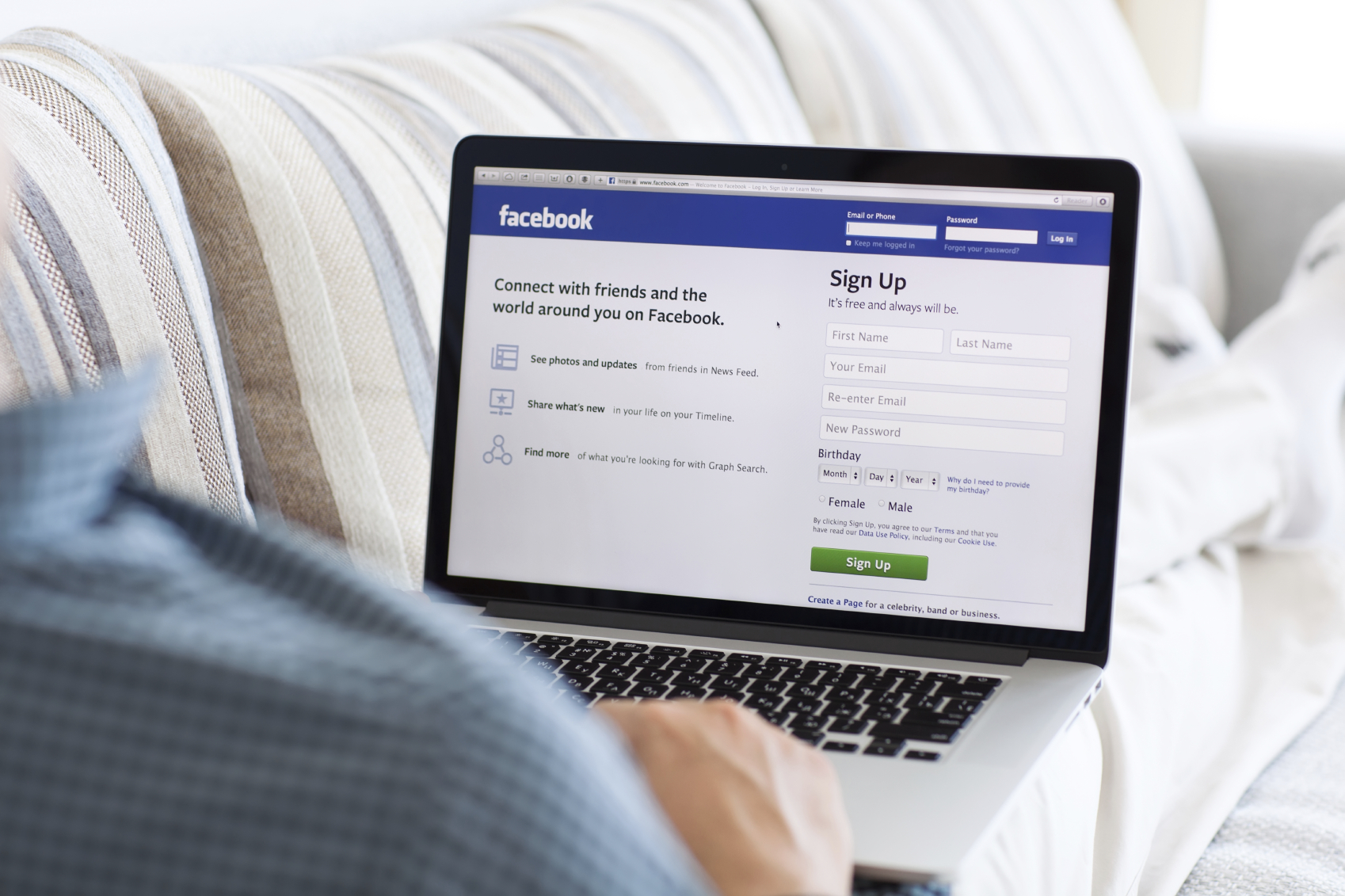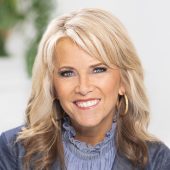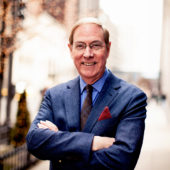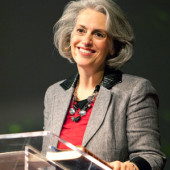Our need to consume news via social media is contributing to our lack of nuance and our increased political polarization—especially among young people.
This is troubling.
Tonight, on the Facebook News Network
In a study released by Pew Research Center this week, data shows that Millennials and Baby Boomers consume political news at almost exactly inverse proportions from Facebook and local news.
Sixty-one percent of Millennials consume news about politics and government from Facebook, and only 37% of them consume it via local news. On the other hand, only 39% of Boomers get their political news from Facebook while 60% of them get it from the local news.
This makes sense when you think about it. I’ve written before about how Millennials have a general aversion to institutions, and this may contribute to the fact that Millennials trust news posted to Facebook via their friends more than they do news from a news organization. What’s interesting is this: Millennials get their news from Facebook, but Facebook is really just an aggregate of a bunch of actual news organizations.
So, while Millennials get most of their news from “Facebook,” they’re really getting it from the Huffington Post or CNN or another news agency, just through the middle-man of Facebook. Like a waiter serves food made in a kitchen by a chef, Facebook serves news produced by journalists at news organizations.
Here is a breakdown of the places Millennials, Gen Xers and Boomers get political news from week to week:
Some may see that CNN is in second behind Facebook and say, “Well that’s because Millennials are a bunch of liberals.” While it is true that Millennials tend to be more liberal than conservative, I don’t think that’s why CNN is second only to Facebook.
CNN is my favorite cable news network because it actually covers news. Fox News and MSNBC have too much political commentary for me. Case in point:
Also notable is Millennials consumption of news via Google News. I can resonate with this. In high school, when Facebook was more seen as a place to connect with friends and less about news, I got my news from Google News all the time because it does much of what Facebook does, aggregating news from a variety of sources.
All of that to say, Facebook is king, and while it isn’t reporting news like ABC or CNN, it’s aggregating it and serving it to its users.
This seems pretty germane, right? It’s not like Facebook is peddling a bunch of fake news or stories that only show one side of a story.
Except when it is.
The Facebook Echo Chamber
When you log on to Facebook, you go straight to your news feed. Theoretically, you should be viewing the status updates and posts of all of your friends in chronological order, right? That’s how Twitter works at least, and it would make sense for all social networks to work this way.
The problem is, Facebook doesn’t work this way.
Facebook does not allow you to see every piece of content posted by every friend and page you follow in chronological order, and sometimes it doesn’t let you see some content at all.
This is called a variety of things such as the “Facebook filter,” the “Facebook Echo Chamber,” or the “Facebook-wants-to-make-you-pay-to-boost-your-posts sham” (I made up that last one).
Facebook’s ever-changing algorithms are a constant topic of conversation among social media pros, particularly how frustrating and money-grubbing they tend to be.
What is the “Facebook filter bubble”? Here’s a brief explanation from Engadget last month:
Facebook wants you to know that you’ve only got yourself to blame for the lack of diversity in views on your News Feed. The social network has recently conducted a study to find out why people mostly see posts that mirror their own beliefs and to find out if a “filter bubble” is to blame. “Filter bubble” is what you call the situation wherein a website’s algorithm shows only posts based on what you clicked (or Liked) and commented on. For this particular study, the company used anonymous data from 10.1 million Facebook users who list their political affiliations on their profiles. Researchers monitored “hard news” links posted on the website and looked at whether they were posted by conservatives, liberals or moderates.
Facebook’s echo chamber, along with the popular “Trending” sidebar launched last winter allows Facebook an inordinate amount of power to decide what is and is not news.
My wife and I joke about this regularly because she has never been one to care much about the news, specifically when it comes to politics. I am fascinated with the news and am constantly aware of what’s going on. BUT, if Facebook has it in their sidebar, she knows about it. Remarkable.
The question we have to ask, and likely the question you’re asking is, “Why does this even matter?”
That’s a great question. Let’s answer it.
Why Does the Facebook Echo Chamber Matter?
The Facebook Echo Chamber matters because if Millennials are primarily consuming news via Facebook, and Facebook only serves us content we like, we’re only ever going to be seeing content we like, and that’s a problem.
Facebook filtering, especially when it comes to the consumption of political views as explained above, promotes further ideological polarization, which is a horrible idea.
In 2011, Eli Pariser explained the problems with this at a TED talk. It’s a great one,watch it. But here’s a helpful excerpt:
What this suggests is actually that we may have the story about the Internet wrong. In a broadcast society — this is how the founding mythology goes — in a broadcast society, there were these gatekeepers, the editors, and they controlled the flows of information. And along came the Internet and it swept them out of the way, and it allowed all of us to connect together, and it was awesome. But that’s not actually what’s happening right now. What we’re seeing is more of a passing of the torch from human gatekeepers to algorithmic ones. And the thing is that the algorithms don’t yet have the kind of embedded ethics that the editors did. So if algorithms are going to curate the world for us, if they’re going to decide what we get to see and what we don’t get to see, then we need to make sure that they’re not just keyed to relevance.We need to make sure that they also show us things that are uncomfortable or challenging or important.
Obviously, as an Evangelical, I’m not implying that we need to think beyond our Christian worldview, but when it comes to politics or other more gray areas, we would benefit from hearing ideas outside of our own.
In short, Facebook “preaches to the choir” and doesn’t give the choir any reason to think it may be singing out of tune. As an aside, as one who tracks trends and attempts to find common threads among what goes viral, this may explain why content posted with a contrarian view is so popular on Facebook—it’s so rare, we love it when we see it.
As more and more Millennials consume news via Facebook, it has much the same effect as a Democrat only consuming news via MSNBC or a Republican only consuming news via Fox News.
If we continue to be told what we want to hear all the time, the disgusting polarization and entrenchment we find in our present political atmosphere will only get worse, and compromise of any sort will continue to be a dream more than a reality.
Read the whole report from Pew on the way different generations are consuming political news.
This post was originally published on millennialevangelical.com






















